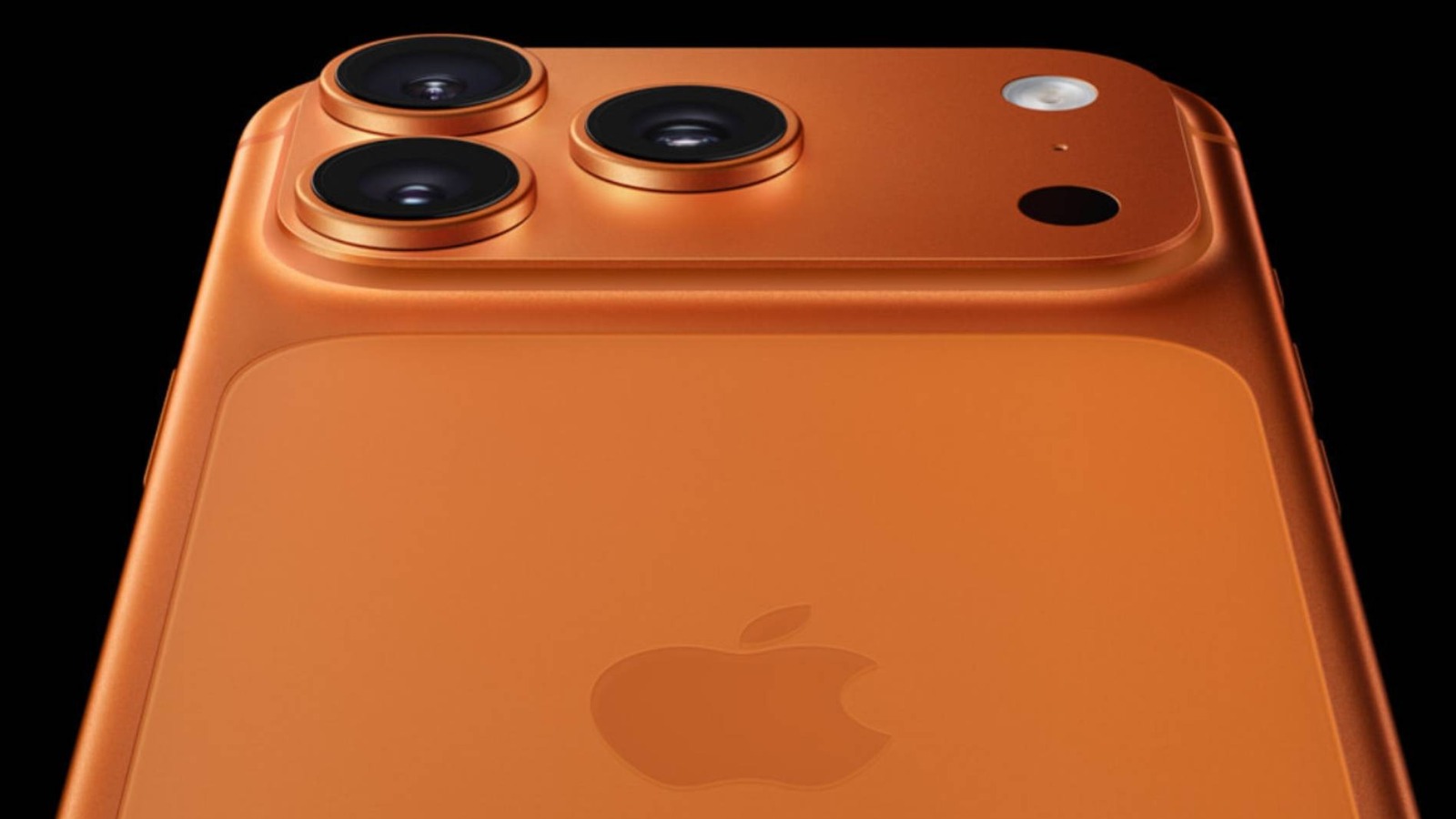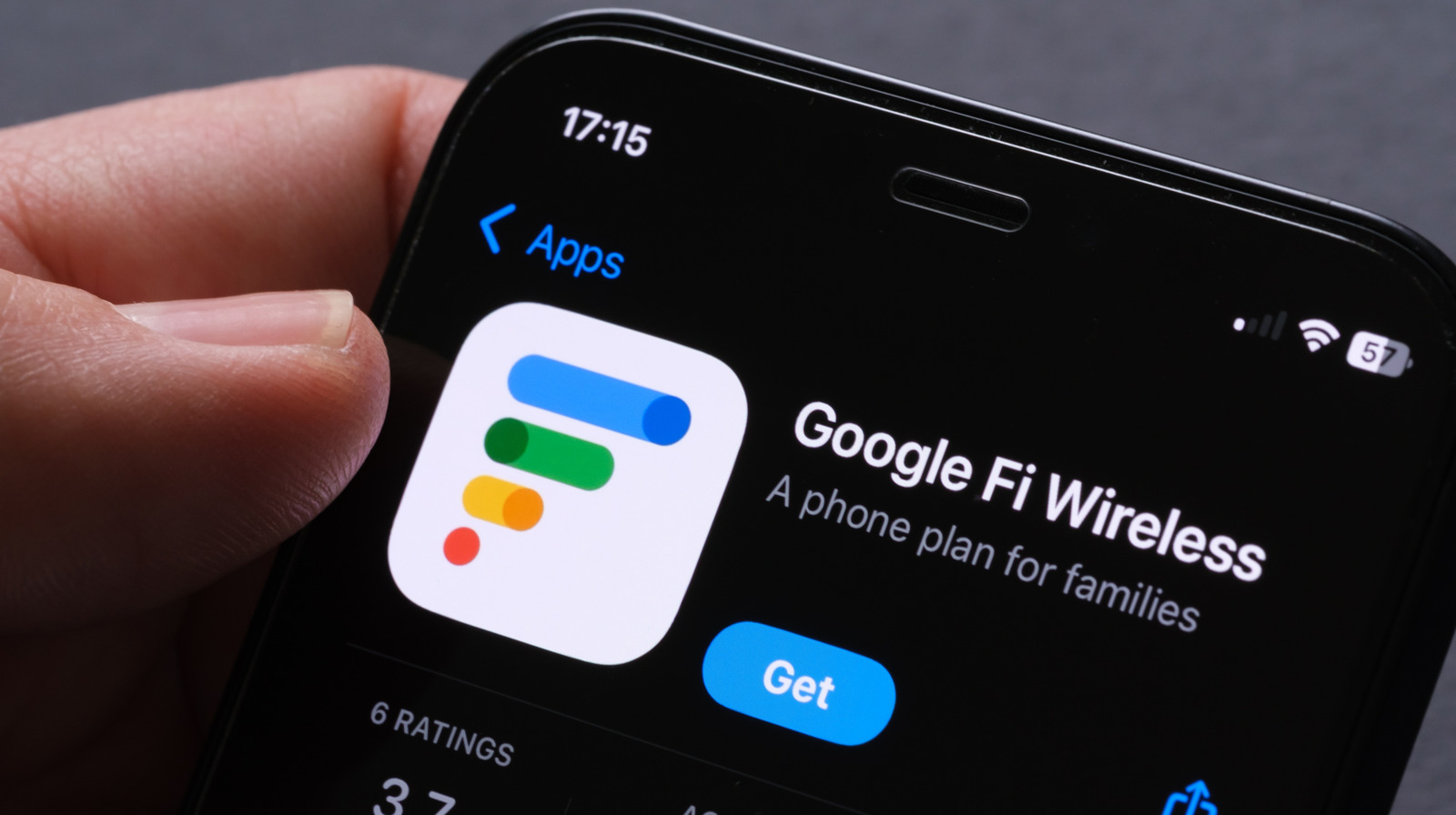The newest flagship devices from Apple will feature a new, higher-performing chip than the iPhone 16 lineup did. While Apple has made claims about what kind of performance you can expect to see when upgrading from an older iPhone to an iPhone Air or iPhone 17 Pro, benchmarks can often give us an even more detailed look at how a phone performs.
Thankfully, new benchmarks for the iPhone 17 Pro and iPhone Air – both of which sport the upgraded A19 Pro chip — have started to appear online. This could give us a decent glimpse of what to expect from the newer iPhones when they start hitting people’s hands next week.
As always, real world use may vary compared to benchmarks. It’s also important to note that these benchmarks are currently “unconfirmed,” which means we can’t say for sure that they are taken from an iPhone 17 Pro or iPhone Air specifically. That said, prospective buyers might at least get a better idea of what to expect from Apple’s most powerful smartphones to date.
Apple’s claims are nebulous as always
Apple’s claims about the performance we should expect from the iPhone 17 Pro and iPhone 17 Pro Max aren’t as clear as they could be. In a press release detailing the new devices, Apple writes: “A19 Pro enables iPhone 17 Pro and iPhone 17 Pro Max to deliver up to 40 percent better sustained performance than the previous generation — ideal for gaming, video editing, and running large local language models. The 6-core CPU is the fastest CPU in any smartphone, and the 6-core GPU architecture includes Neural Accelerators built into each GPU core, a larger cache, and more memory than A18 Pro.”
However, this doesn’t exactly say whether those performance claims are tied to the CPU, GPU, or both components combined. This isn’t especially surprising, given that Apple also doesn’t list the amount of RAM in any of its new iPhones anywhere. That said, there are multiple unconfirmed benchmarks based on both the CPU and the GPU, which paint a bit of a clearer picture.
What the unconfirmed iPhone 17 Pro benchmarks show
According to the CPU benchmarks shared on Geekbench, the A19 Pro appears to perform just 13 to 15% faster than the A18 Pro chip found in the iPhone 16 Pro lineup. That’s a far cry from the 40% improvement that Apple notes in its press release. However, the Metal scores — which are Geekbench scores based around GPU performance in a device — show that the iPhone 17 Pro chip performs up to 40% better than the iPhone 16 Pro’s chip did. That seems to point toward Apple’s claims being focused on the GPU.
Digging deeper, MacRumors says that it spotted another comparison on the iPhone 17 Pro product page, which notes that the A19 Pro chip offers up to 20% faster CPU performance compared to the A17 Pro chip that was found in the iPhone 15 Pro. That would line up nicely with the CPU benchmarks seen on Geekbench, even if they are currently unconfirmed.
What this ultimately means is that Apple device owners upgrading to the iPhone 17 Pro or iPhone Air from the 16 Pro lineup will likely see less of a performance leap than those who are running older devices like the iPhone 15 Pro. Fairly obvious, but worth knowing nonetheless. Even if you are a fan of the new design, if you just upgraded to the iPhone 16 Pro, it might not be a bad idea to wait for the iPhone 18 next year if performance is important to you.









